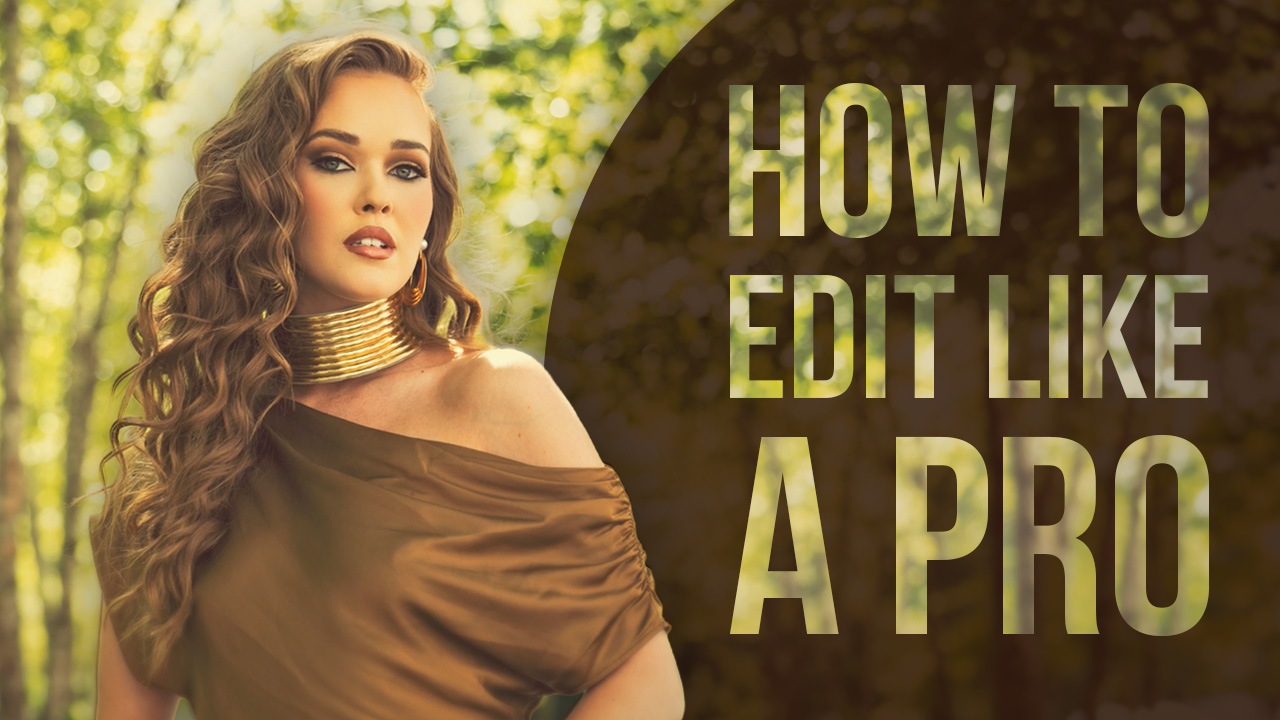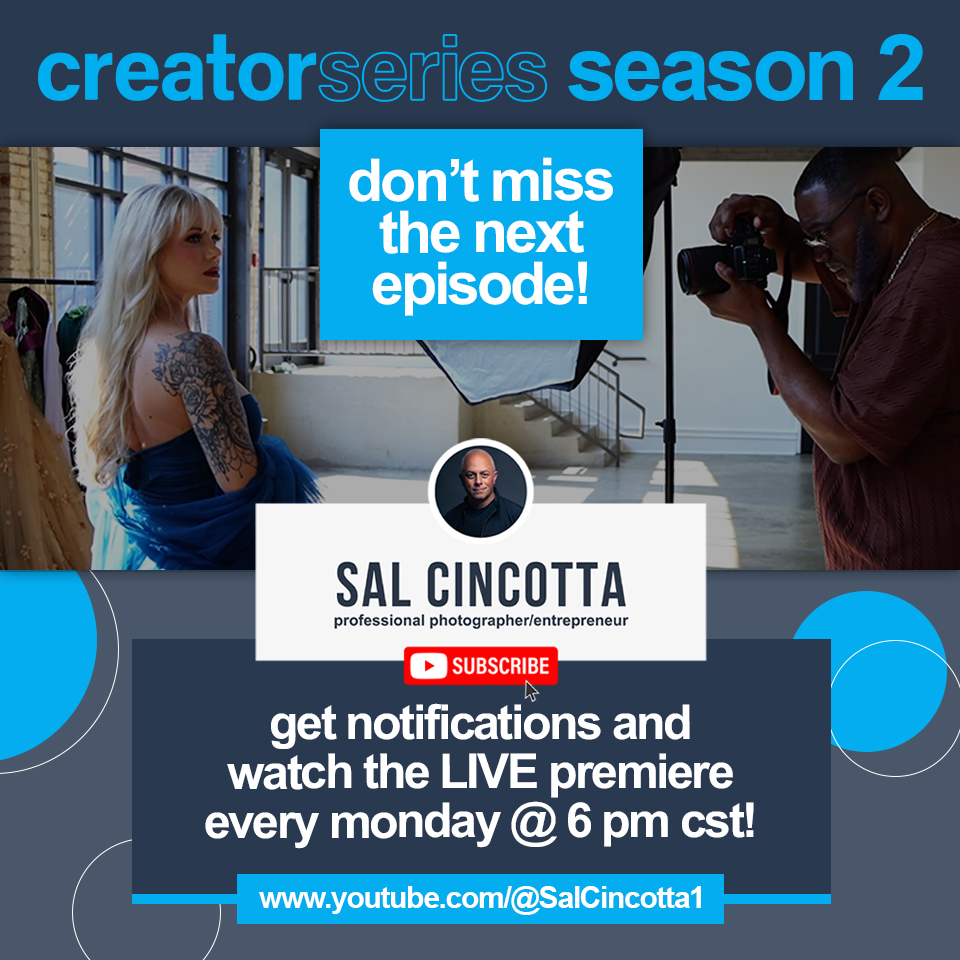Think You’re Ready to Be a Photography Educator? with Skip Cohen
Along with writing your own book someday, many of you aspire to be a speaker. But being on the road as a speaker and educator falls under the umbrella of “be careful what you wish for.”
To begin with, let’s define speaker as the word applies to the speaking industry. Anybody with enough confidence can get up and speak about a topic, but in professional photography, you need to be an educator. You need to provide people with relevant content that attempts to elevate photographers’ game.
I’ve often seen photographers who, because they scored well in print competition or landed the biggest contract of their career, decided they were ready to be a public speaker and educator. In most cases, they died an ugly death onstage.
So let’s get you on the right track if you’re interested in doing public speaking.
Have You Spoken in Public Before?
Just because you’ve received recognition for your work doesn’t mean you can teach. If you haven’t taught a class or spoken in front of a group, then it’s time to begin building your résumé.
Start with your local community. Parents want to learn how to take better pictures of their kids. Church youth groups want to know how to take better pictures of their potato-sack races. Every little thing you take for granted about what you do can be shared in a workshop setting.
Baby Steps
You don’t just start out speaking at ShutterFest. You build up to it. Start presenting and teaching locally, then build up to regional conventions. Eventually you’ll be ready to go national. Hold back from trying to speak at national conferences and shows until you’re ready and have a reputation.
Do You Have a Relevant Topic?
Everyone thinks they have something poignant to say. We get so wrapped up in our own issues that we forget our challenges aren’t necessarily everybody else’s. It’s also terribly embarrassing to get your own program at a conference and find out the speaker before or after you is hitting the same topic.
You’ve got to be relevant and share knowledge that helps your target audience do something in their life or business better. This is just like building a house. You want a solid foundation you can expand on. Think through the topics you’d want help with, and then make sure as you develop your program that you’d be willing to sit and listen to yourself.
Are You a Good Speaker?
This is tough to define, and being a good speaker requires practice, practice, practice. You need to rehearse and then rehearse more. Listen to criticism from your friends. Learn to stay focused and cut out all the “ums” that are the trademark of less seasoned speakers.
Your message needs to flow naturally without sounding nervous. Prepare for the worst AV problems. I once heard Denis Reggie present an entire program without one slide when the AV system blew up. He never missed a beat, and the audience never cared. His message was solid, and he knew his material so well he didn’t need his slides.
There are some great presenters out there, and you need to attend their programs. At the risk of alienating friends I don’t have room to list here, a few of my favorites include Sal Cincotta, Joe McNally, Tony Corbell, Michele Celentano, Bob Coates, Suzette Allen and Scott Bourne. The secret ingredients are enthusiasm, passion, sincerity, style, content. And the confidence that tells you they know their stuff.
These speakers are comfortable sharing everything they have to offer on whatever topic they’re speaking about. They’re relaxed and their audience knows they want to be there.
Know Your Audience
You already know the importance of understanding the demographics of your target client. In the same way, you need to know who’s in your audience. The more information you can get in advance, the more you can tailor your program to best meet their needs.
You should be most interested in two different areas. Their level of expertise is important because you don’t want to talk over their heads, but you also don’t want to be too basic. You never want to be perceived as talking down to your audience. Second, pay attention to the specialties represented in the crowd. I like to start out with a show of hands as I click through each category in professional photography. This tells you what points to hit hardest in your program.
I like to ask how many people shoot tabletop work. Virtually no hands go up, which is when I remind the wedding shooters in the audience that they do one of the most challenging images at every wedding: the tabletop shot of the cake, often in horrible lighting conditions. Yet most wedding shooters will never take a class in commercial tabletop lighting.
Get to Know the Decision Makers
Don’t be disappointed if you get turned down the first few times you put in a request to speak at a regional or national venue. You get business through relationships. It’s that extra ingredient that gives you an edge versus somebody making a cold call. Build relationships with the people you’re hoping will hire you as a speaker someday. Get to know them and what they’re looking for. You’re out to develop a long-term relationship, not be a one-hit wonder.
Are You Sponsored?
This is a big one. Budgets are tight everywhere, especially for those associations and organizations that sponsor the convention where you want to speak. That means if you have some sponsors to underwrite the cost of your speaking engagement, the association can pay you less and put the money back into another aspect of its convention. You have a better chance of landing a program if you’re sponsored.
That said, some conventions seem to have lowered their standards, and if you’re sponsored, you’re almost sure to get a speaking slot. My only request would be if you think you’re in over your head but you have a company that wants to sponsor you, tackle this like it was the most important thing you’ve ever done. Work hard to make your presentation flawless and worthy of every guest’s time.
Don’t Get Too Many Sponsors
Too often, photographers align themselves with too many different companies, and the result can be devastating. Being another hired gun doesn’t give you credibility. Trying to mention too many sponsors in a program is like watching all the logos at a NASCAR event. Nobody gets enough recognition for their product or service.
Be Careful With Your Speaking Fee
When you do get a shot at speaking, go easy on what you think you’re worth. I’ve seen so many speakers lose sight of the value of their message and suddenly hit the wall because they’ve priced themselves out of business.
Being a photo educator/speaker is about fame, not fortune. Learn to appreciate the growing recognition you’re getting because of the message you’re sharing, not the deposit slip for your speaking fee—at least when you’re starting out.
Be Careful What You Wish For
Your message is only as good as its validity. It’s not enough to lecture about great photography; you have to be a great photographer. Once you step too far away from your core business as an artist and spend too much time lecturing, you lose credibility as a speaker. If you’re not careful, you’ll join the ranks of too many photographers who started to believe their own press releases. A few came close to losing their business and family because they were so focused on the circuit.
Being a public speaker is incredibly rewarding, but it’s not for everybody. If you think it’s something you want to do and can do well, go for it. But attack the challenge the same way you’ve worked to build your business. The key word here is build. Take your time, put speaking projects together brick by brick, and build them on a foundation of enthusiasm, professionalism, passion and solid, relevant content.
And, if you need a little help here and there, you know where to find me.




